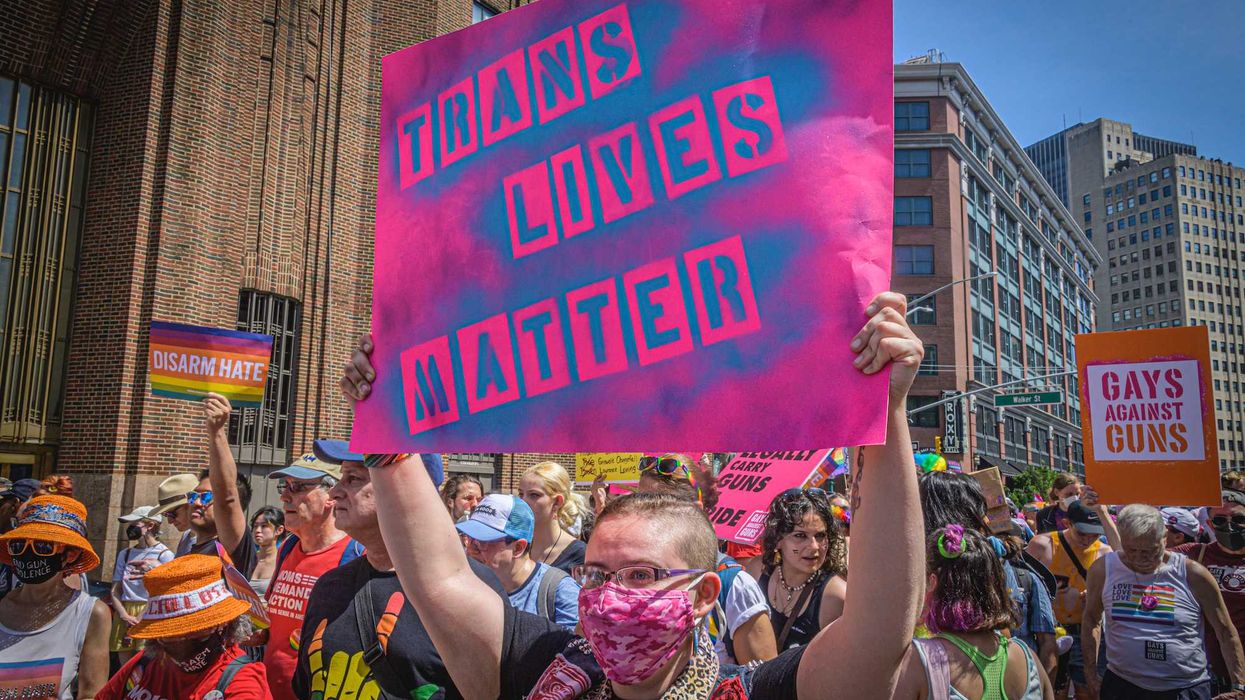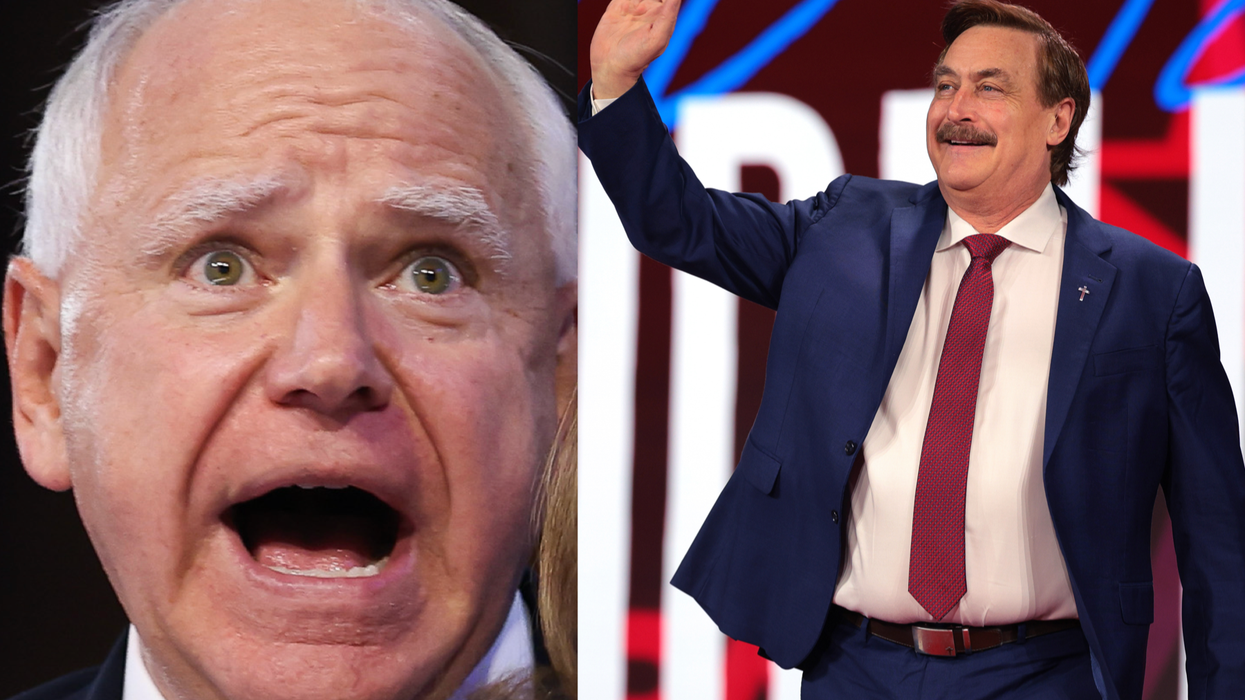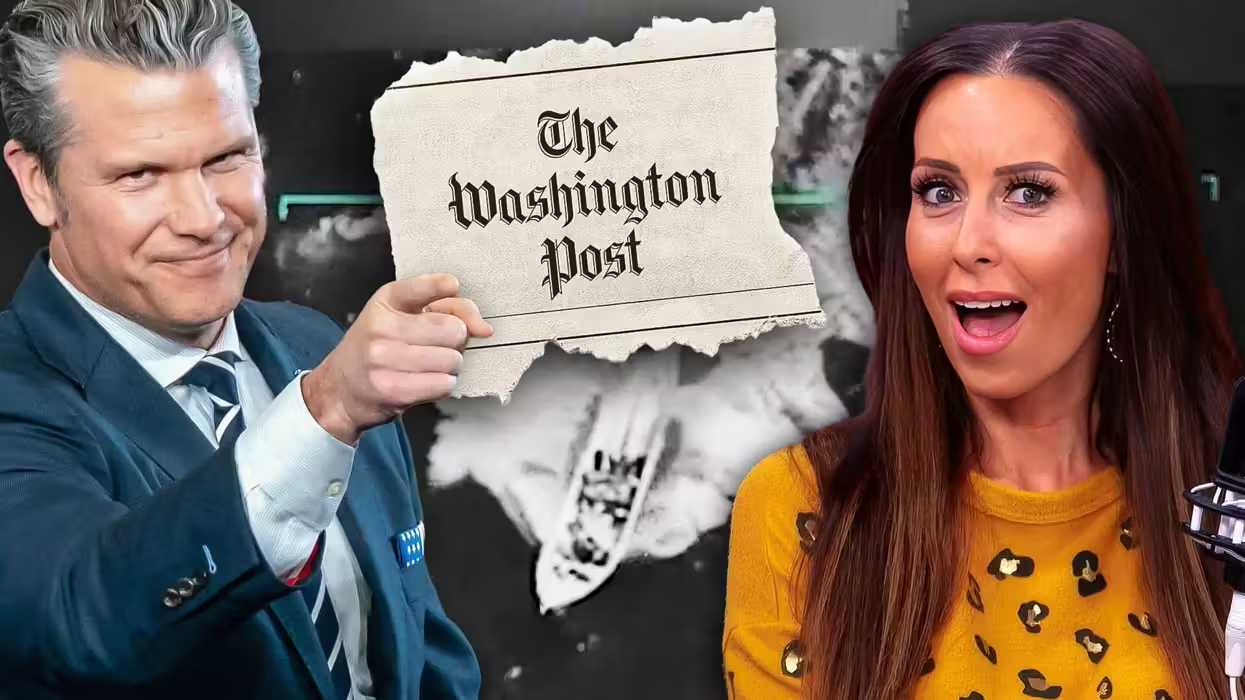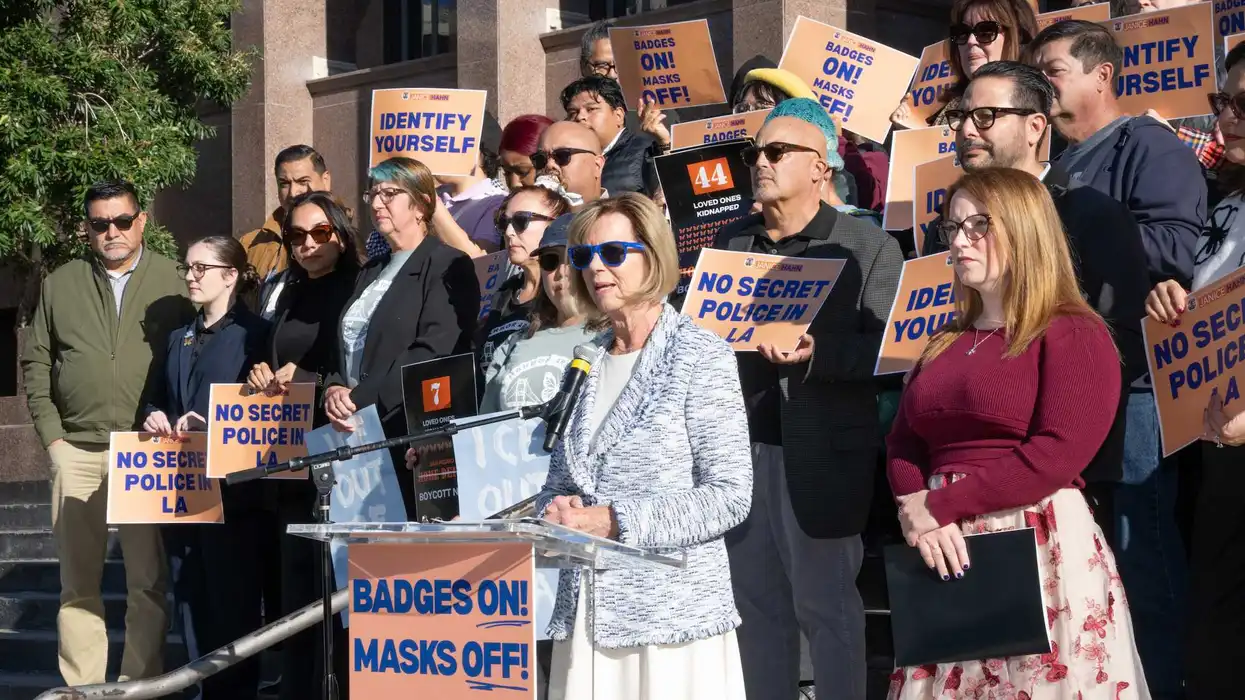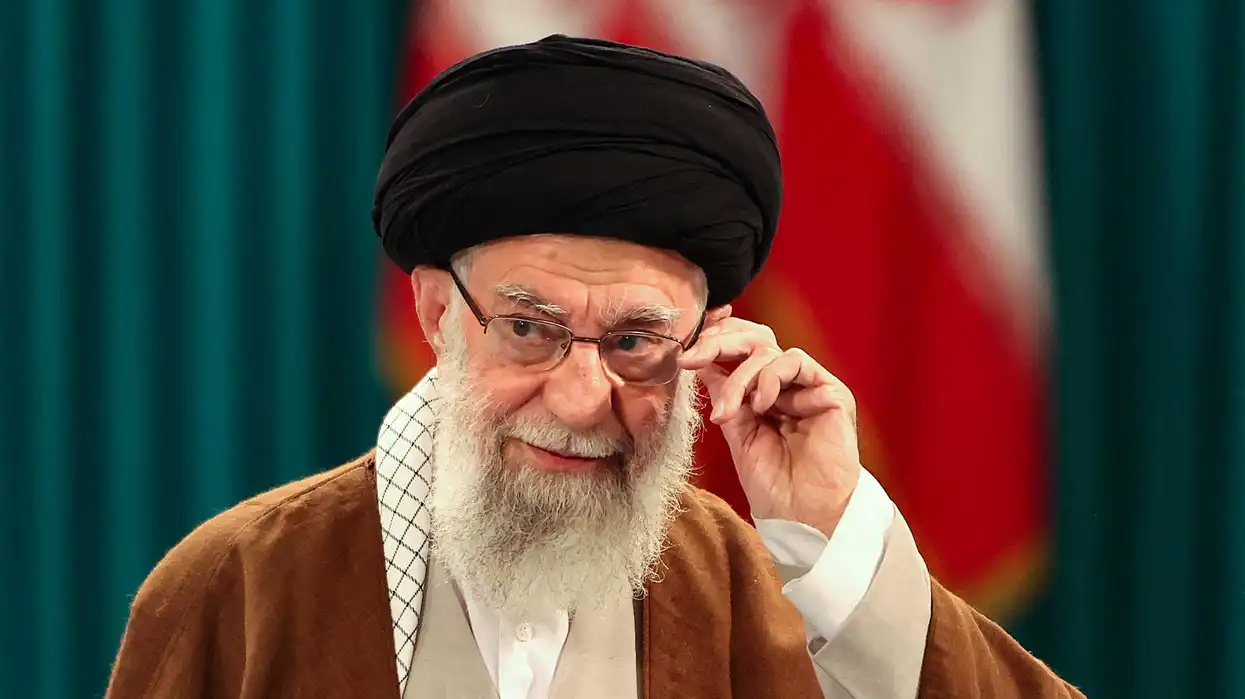
© 2025 Blaze Media LLC. All rights reserved.
"Not only will it be to the left of Barack Obama, it will be to the left of Nancy Pelosi."
A new document released on Monday by the Vatican's Pontifical Council for Justice and Peace has some people wondering if the Catholic Church is aligning itself with the Occupy Wall Street movement. But while some critics may embrace this notion, others flatly reject it.
Prior to the document's release, Father Thomas Reese (who is often described as liberal), a fellow at Georgetown University's Woodstock Theological Center, described the proposal as "closer to views of the 'Occupy Wall Street' movement than anyone in the U.S. Congress."
Watch Reese's controversial comments, below:
He also says that the document calls for the "redistribution of wealth and the regulation of the world economy by international agencies." Even more surprising, he contends that it is to the left of both Barack Obama and Nancy Pelosi.
While not coming directly from the Pope, himself, the proposal seems to follow up on Pope Benedict XVI's 2009 economic encyclical that denounced a profit-at-all-cost mentality as responsible for the global financial meltdown.
The 18-page document, entitled, "Towards Reforming the International Financial and Monetary Systems in the Context of a Global Public Authority," seeks out technical solutions to global economic problems. The proposal essentially calls for a world-wide governing body that would serve as an economic clearinghouse.
Through this proposal, some say that the Vatican is essentially calling for a radical reform of the world's financial system, including the creation of a global political authority to manage the economy. According to the Washington Times' Jennifer Harper:
The ideas refer back to a 1963 papal encyclical that suggested, “The universal common good presents us with problems, which are worldwide in their dimensions; problems, therefore, which cannot be solved except by a public authority with power, organization and means co-extensive with these problems, and with a worldwide sphere of activity.”
Reuters describes this as follows: "It called for the establishment of 'a supranational authority with worldwide scope and 'universal jurisdiction' to guide economic policies and decisions."
The aim, some say, is for a new world economic order based on ethics and the search for the common good. The new document stresses that "the economy needs ethics." Harper reports that some U.S. Catholic scholars and priests see the document as being a potentially "stark contrast" to the ideals espoused by fiscal conservatives. In the end, some say the result could be support for some of the same proposals that the Occupy Wall Street protesters would endorse.
Currently, portions of an unofficial translation read:
Among the policies, those regarding global social justice seem most urgent: financial and monetary policies that will not damage the weakest countries; and policies aimed at achieving free and stable markets and a fair distribution of world wealth, which may also derive from unprecedented forms of global fiscal solidarity, which will be dealt with later. [...]In fact, one can see an emerging requirement for a body that will carry out the functions of a kind of “central world bank” that regulates the flow and system of monetary exchanges similar to the national central banks. The underlying logic of peace, coordination and common vision which led to the Bretton Woods Agreements needs to be dusted off in order to provide adequate answers to the current questions.
Some, like Reese, say that the Pope's own words showcase his deep support for the redistribution of wealth and government intervention -- an insinuation that some would call baseless:
The pope disagrees with those who believe that the economy should be free of government regulation. “The conviction that the economy must be autonomous, that it must be shielded from ‘influences’ of a moral character, has led man to abuse the economic process in a thoroughly destructive way,” he writes. “In the long term, these convictions have led to economic, social and political systems that trample upon personal and social freedom, and are therefore unable to deliver the justice that they promise.” [...]While Benedict acknowledges the role of the market, he emphasizes that “the social doctrine of the Church has unceasingly highlighted the importance of distributive justice and social justice for the market economy.” He unflinchingly supports the “redistribution of wealth” when he talks about the role of government. “Grave imbalances are produced,” he writes, “when economic action, conceived merely as an engine for wealth creation, is detached from political action, conceived as a means for pursuing justice through redistribution.”
On CatholicVote.org, Thomas Peters rails against Reese's assertions. He writes:
In a scenario which will surely strike some as deja vu, the liberal jesuit Fr. Tom Reese previewed the contents of the document last week, in much the same way that the liberal Fr. Charles Curran* “previewed”Humanae Vitae for the mainstream media before the document was actually released (the pope overruled Fr. Curran’s claims that the Church would endorse contraception — but the media had already made up its mind and few bothered to actually read what the pope had to say).
Also, Peters notes that the document should be read as a "contribution" to the overall discussion and not as a mandate coming from the Vatican. He quotes Cardinal Turkson, President of the Congregation for Justice and Peace, and Bishop Toso, the secretary, who explained, in full, how the proposals should be viewed:
…It is in this spirit of discernment that the Holy See, with the note of the Pontifical Council for Justice and Peace, wishes to make a contribution which might be useful to the deliberations of the G-20 meeting”.Bishop Toso explained that the aim of the note is “suggest possible paths to follow, in line with the most recent social Magisterium, for the implementation of financial and monetary policies…”
The Church does not wish to enter into the technical issues behind the current economic crisis, but remains within the ambit of her religious and ethical functions…
Clearly, no official endorsement of the Occupy movement is being made here. While some may see some similarities between the ideas and statements being made within the document and among protesters, the church apparently wants to provide ideas for potential solutions.
This article has been updated.
The Associated Press contributed to this report.
Want to leave a tip?
We answer to you. Help keep our content free of advertisers and big tech censorship by leaving a tip today.
Want to join the conversation?
Already a subscriber?
Billy Hallowell is a digital TV host and interviewer for Faithwire and CBN News and the co-host of CBN’s "Quick Start Podcast."
Billy Hallowell
Billy Hallowell is a digital TV host and interviewer for Faithwire and CBN News and the co-host of CBN’s "Quick Start Podcast."
more stories
Sign up for the Blaze newsletter
By signing up, you agree to our Privacy Policy and Terms of Use, and agree to receive content that may sometimes include advertisements. You may opt out at any time.
Related Content
© 2025 Blaze Media LLC. All rights reserved.
Get the stories that matter most delivered directly to your inbox.
By signing up, you agree to our Privacy Policy and Terms of Use, and agree to receive content that may sometimes include advertisements. You may opt out at any time.

